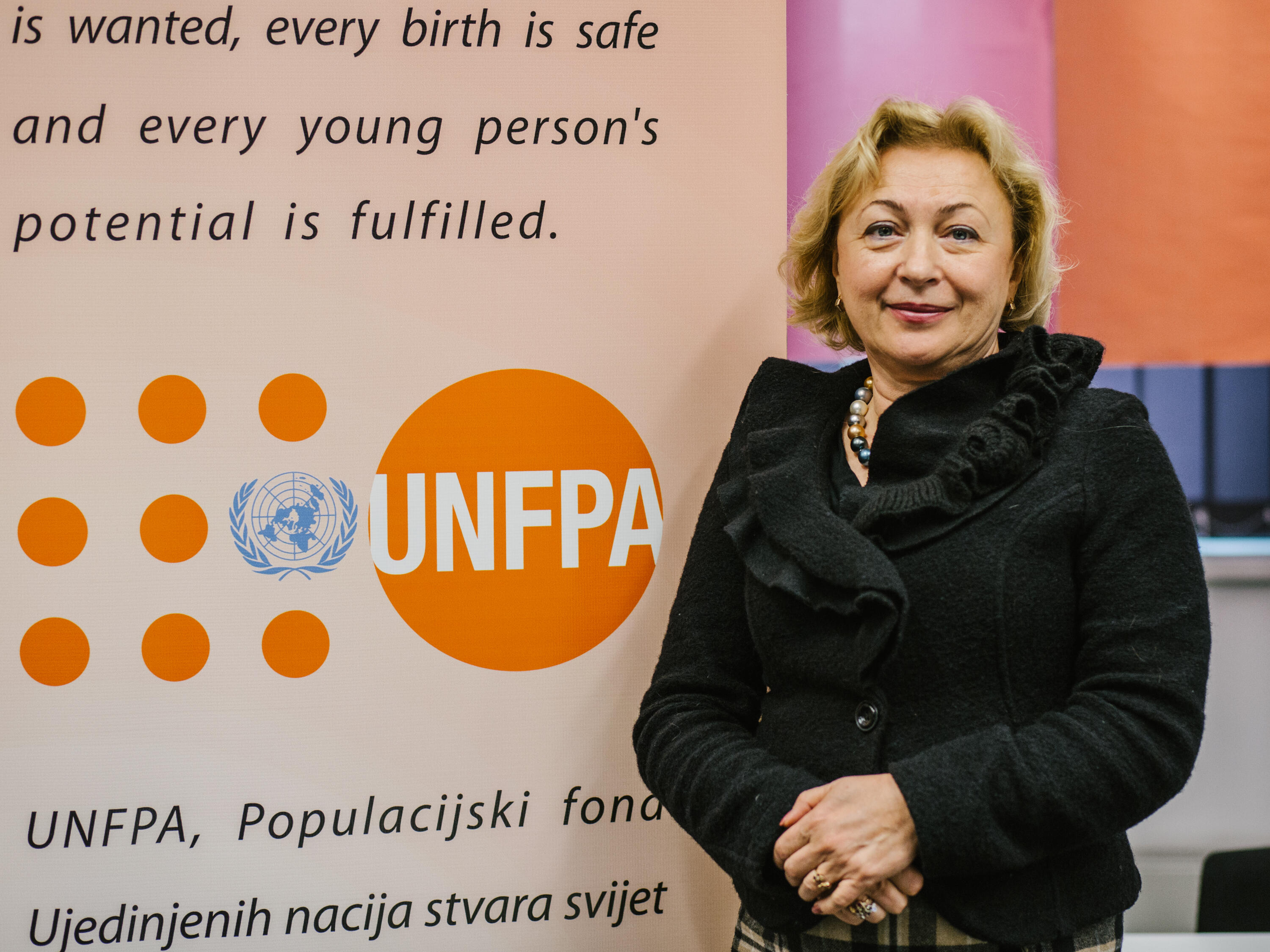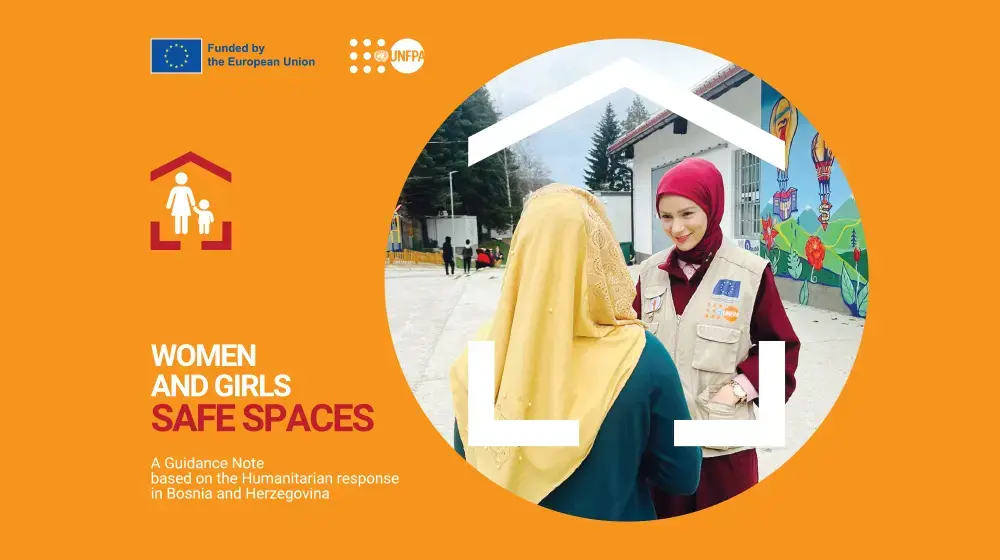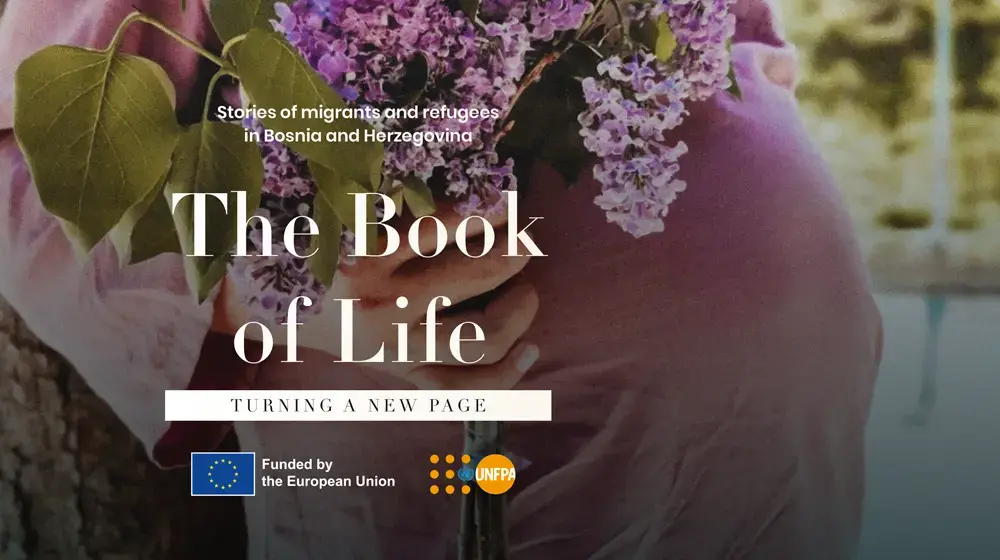Today is the World Contraception Day. It was launched for the first time in 2007 with the aim of raising awareness on contraception as well as to enable young people to make informed choices on their sexual and reproductive health.
Worldwide, UNFPA, the United Nations’ sexual and reproductive health agency is working to deliver a world where every pregnancy is wanted, every childbirth is safe and every young person's potential is fulfilled, contributing to the achievement of the Sustainable Development Goals by 2030.
We at UNFPA, advocate for the right of every woman, man and child to enjoy a life of health and equal opportunity. When it comes to education, we find it very important to include a wider healthy life style education in schools, which includes respect for women in general as well as the respect for women's rights.
Access to safe, voluntary family planning is a human right. Yet, in Central and Eastern Europe countries, many couples who want to avoid pregnancy are still not using safe and effective family planning methods, mainly as a result of the lack of reliable information on Family planning and the lack of access to modern contraceptives.
According to the latest Multiple Indicator Cluster Survey in Bosnia and Herzegovina (BiH), only 12% of women of reproductive age use modern contraception with the highest rate in the richest quintile and educated women. Additionally, 9% of all reproductive age women have unmet needs for contraception. Prejudices, misconceptions and poor knowledge about significance as well as the high price of the modern contraception are key factors for such a low use. This has to change. Even in the most underdeveloped countries in the world, use of modern contraception is 27%.
My office in BiH collaborates with and provides support to relevant ministries to work on strategic approaches development. Although there is progress achieved in increasing the access of reliable information on family planning through Primary Health Care as well as through the of Healthy Lifestyles (HLS) education in primary schools, there is still room for future improvements. It is important to note that HLS education is only implemented in two cantons of Federation BiH.
We stand fully committed to support country efforts to achieve that every individual, especially women, have access to sexual and reproductive health care services, including family planning.”





